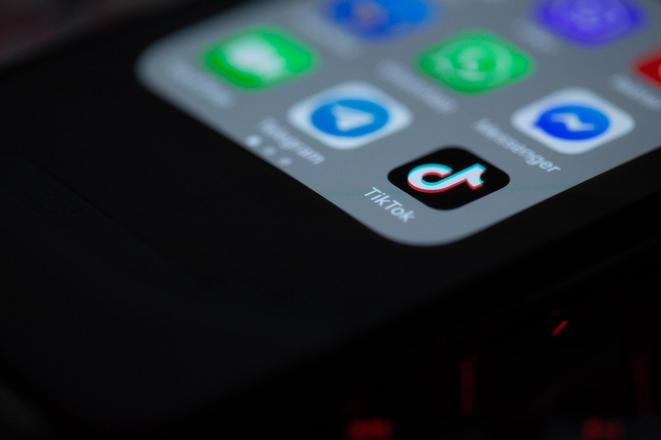Many of us follow the events in Ukraine in close real time, and even the average person receives some updates almost daily about what is happening in the war. But as we worry about social media’s potential to distort reality, shouldn’t we be particularly conscious of how it impacts our understanding of war?
A recent article in The New Yorker magazine wondered whether the war in Ukraine is the “first TikTok war,” and traditional media is also likely to share the most compelling war footage spreading on the internet. Even leaving aside the very real issue of online disinformation, social media feels like a particularly bad way to understand something as complex as war.



 (source: Unsplash)
(source: Unsplash)